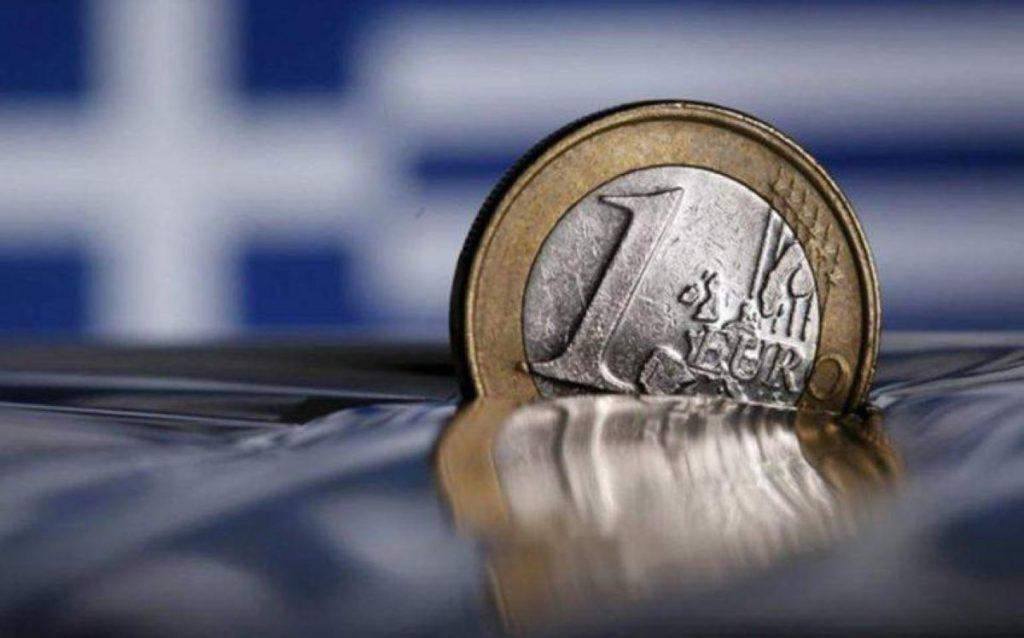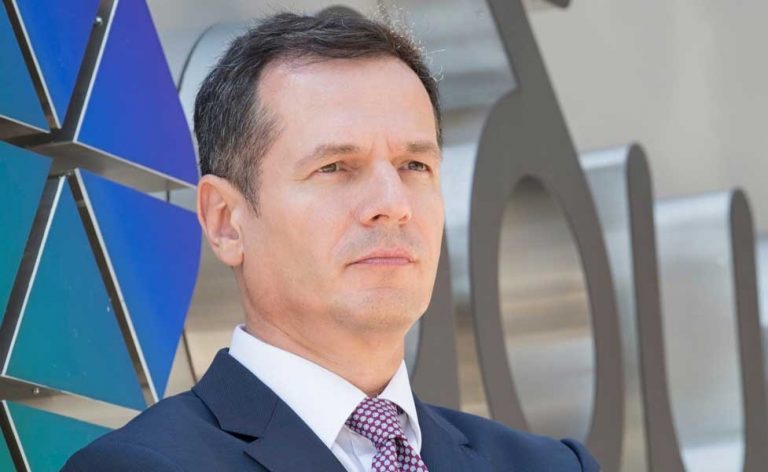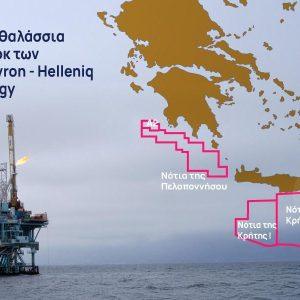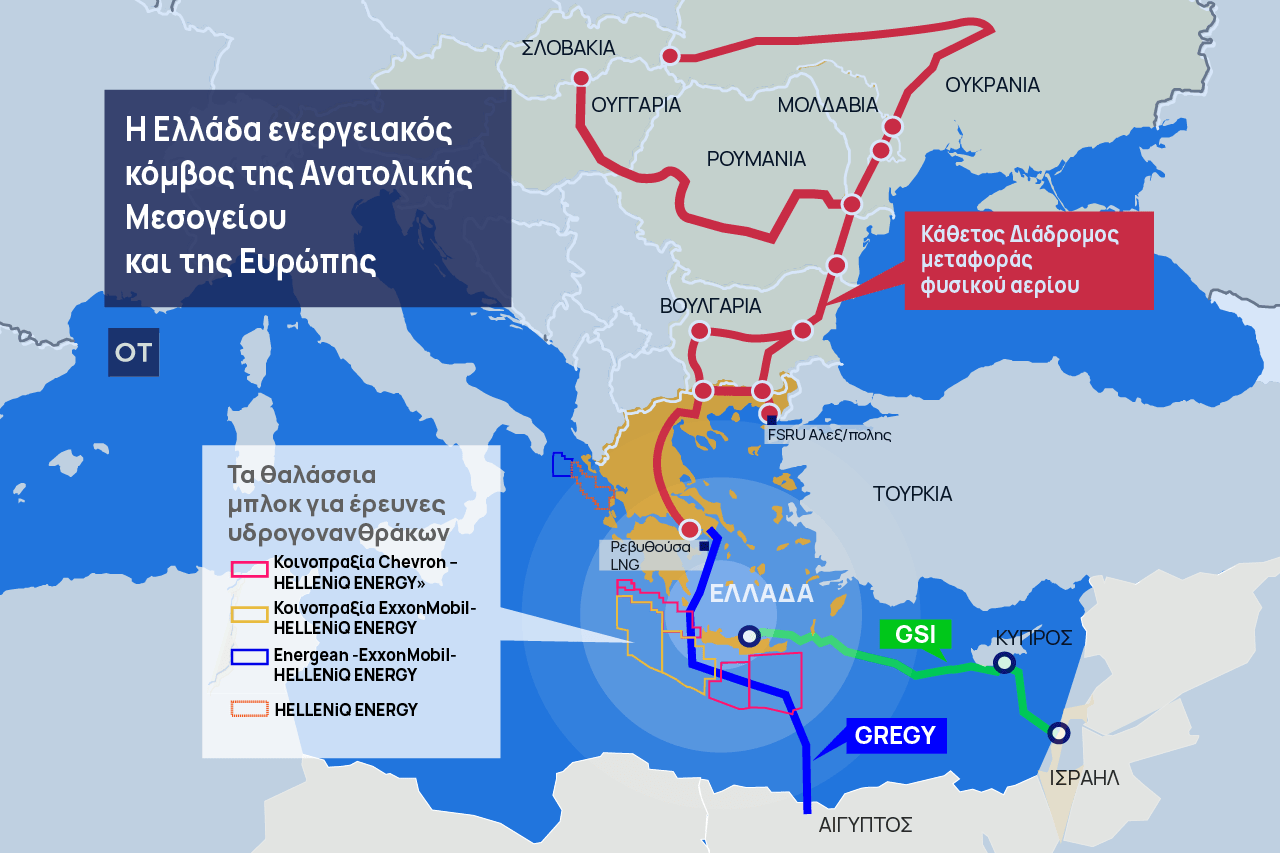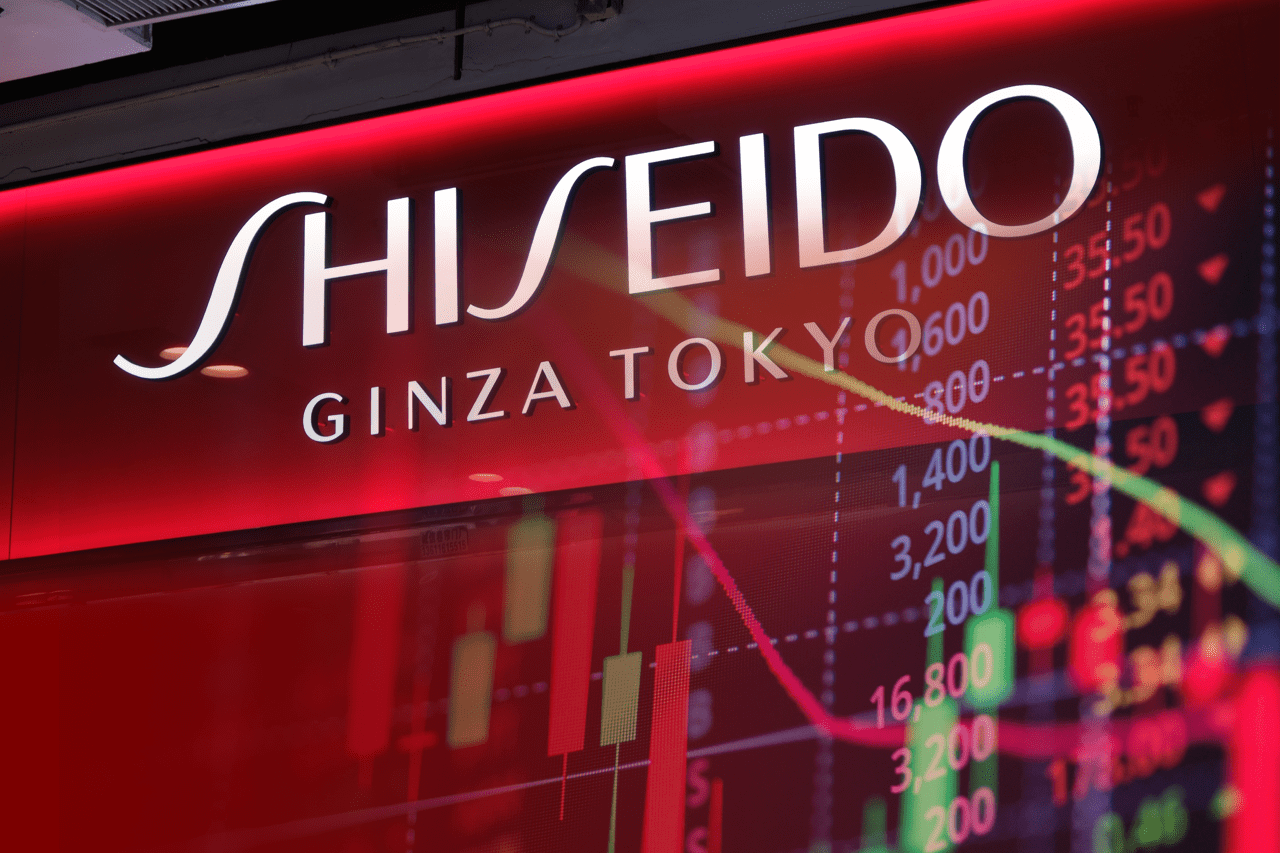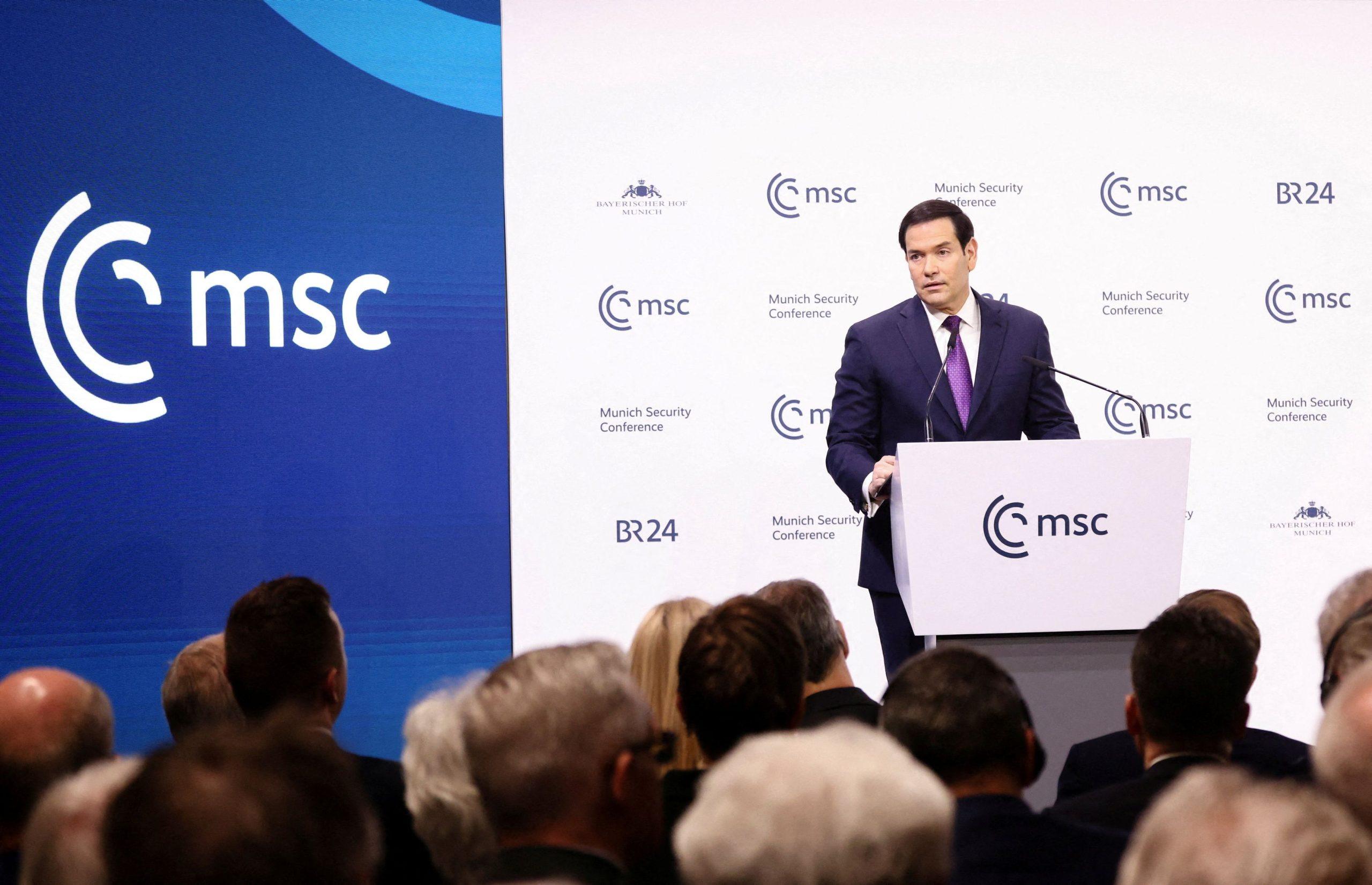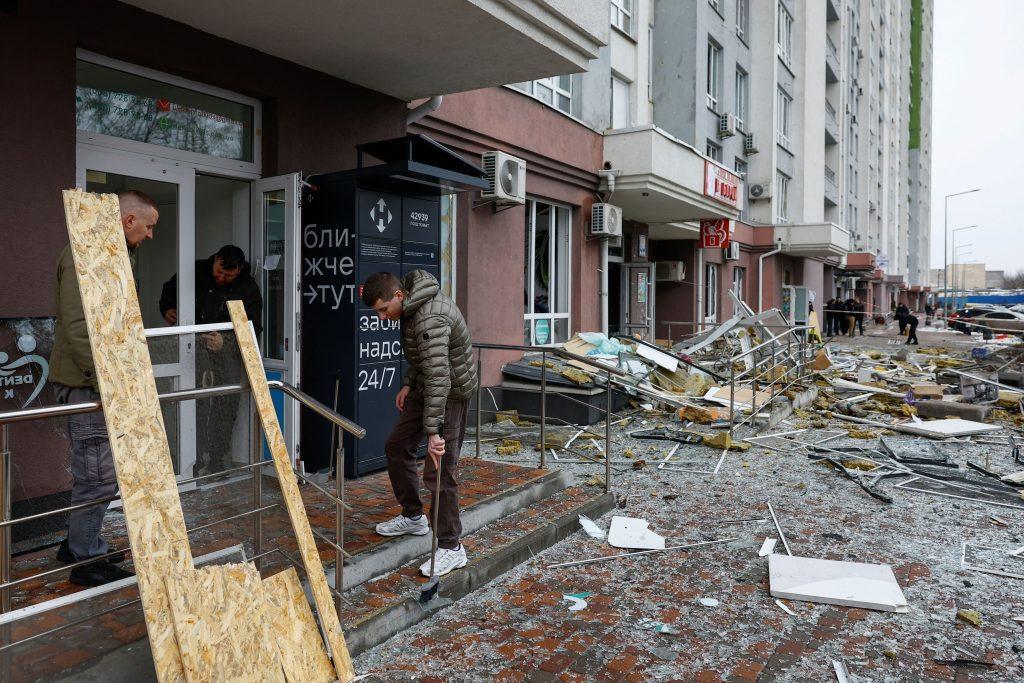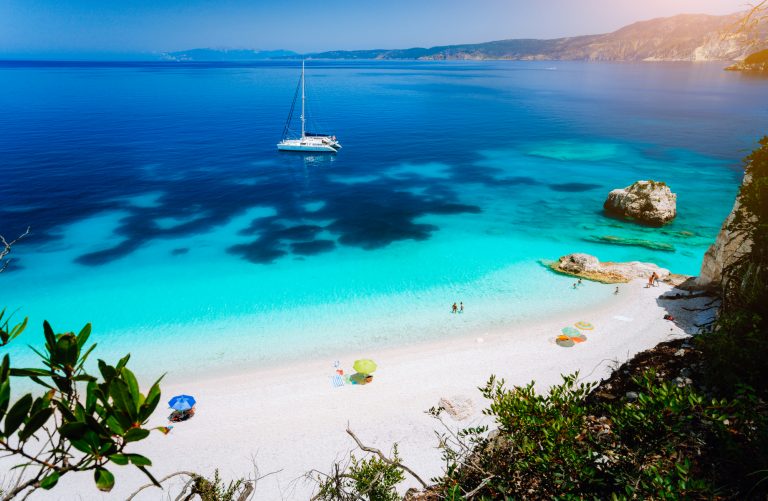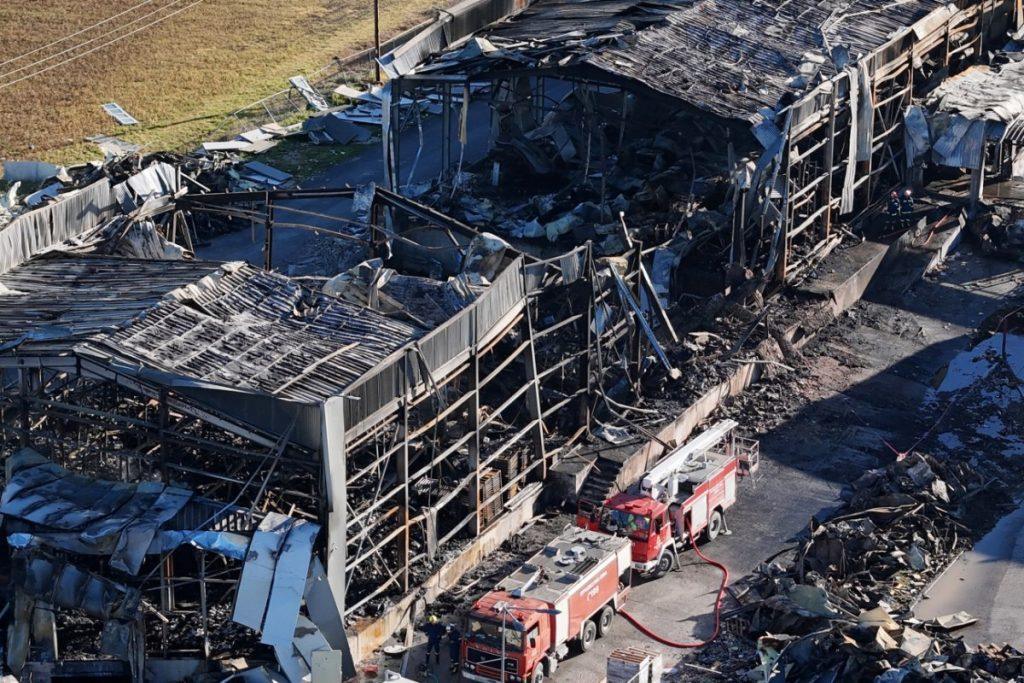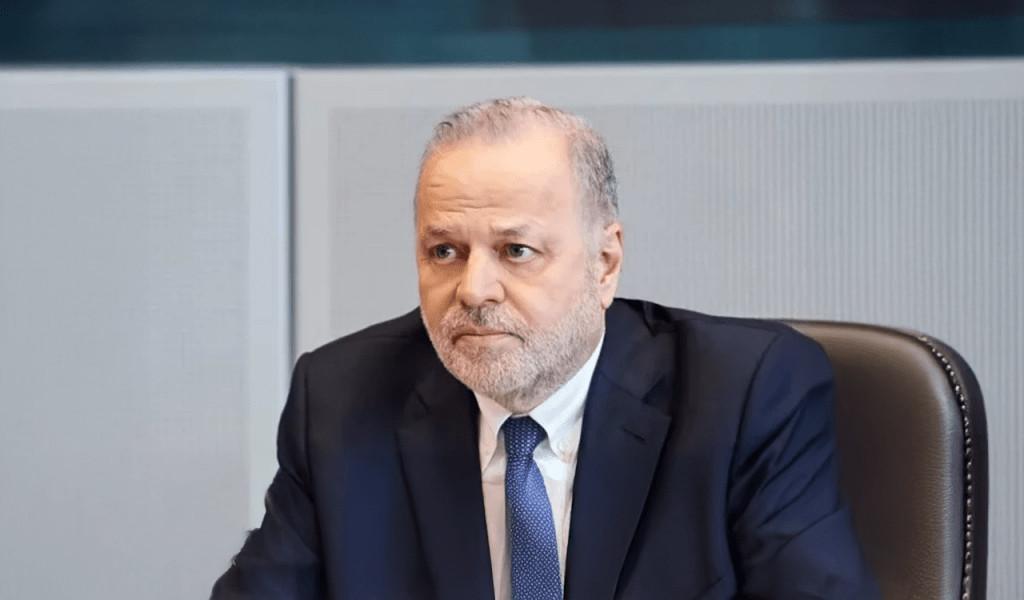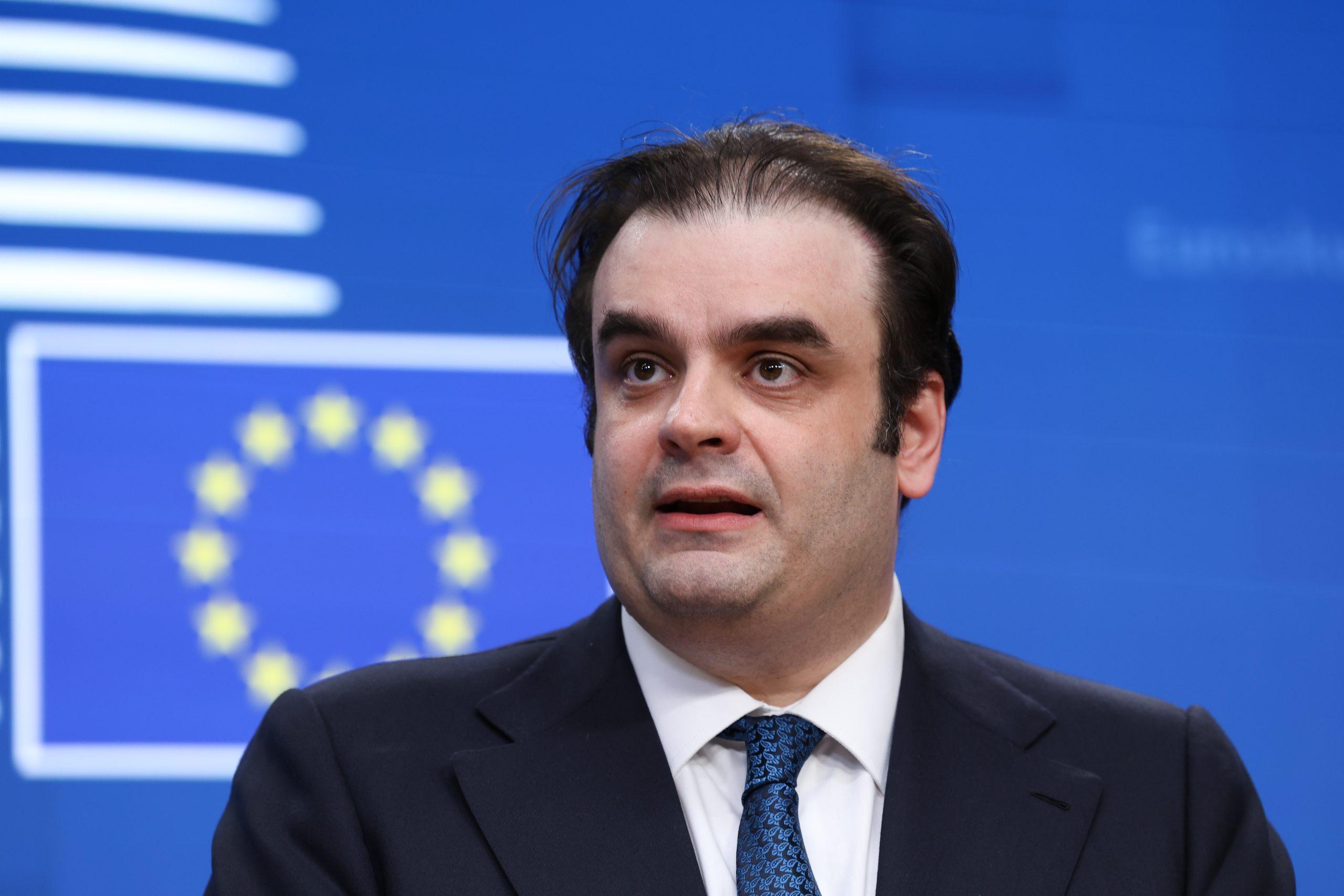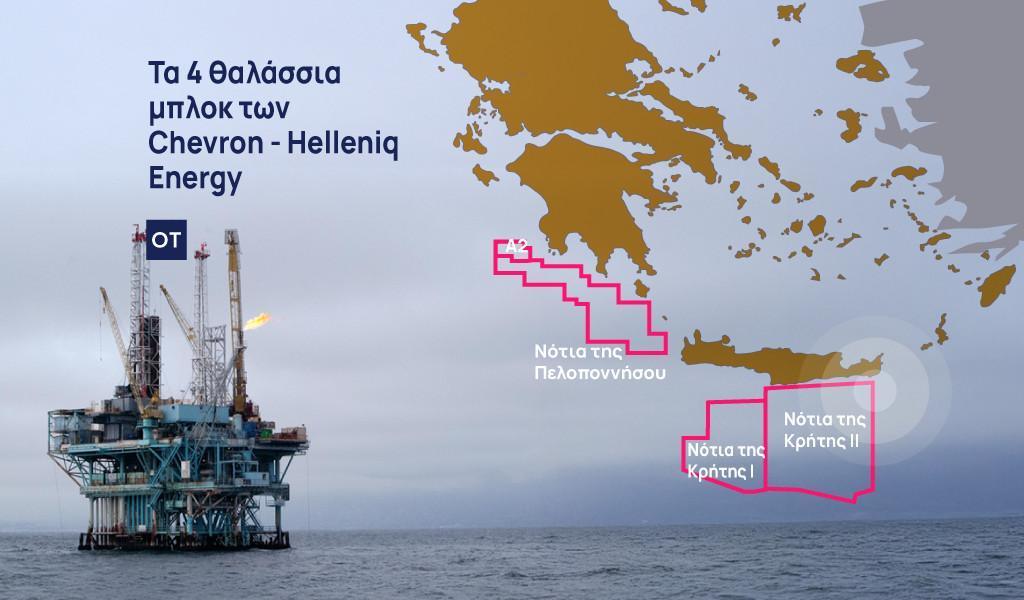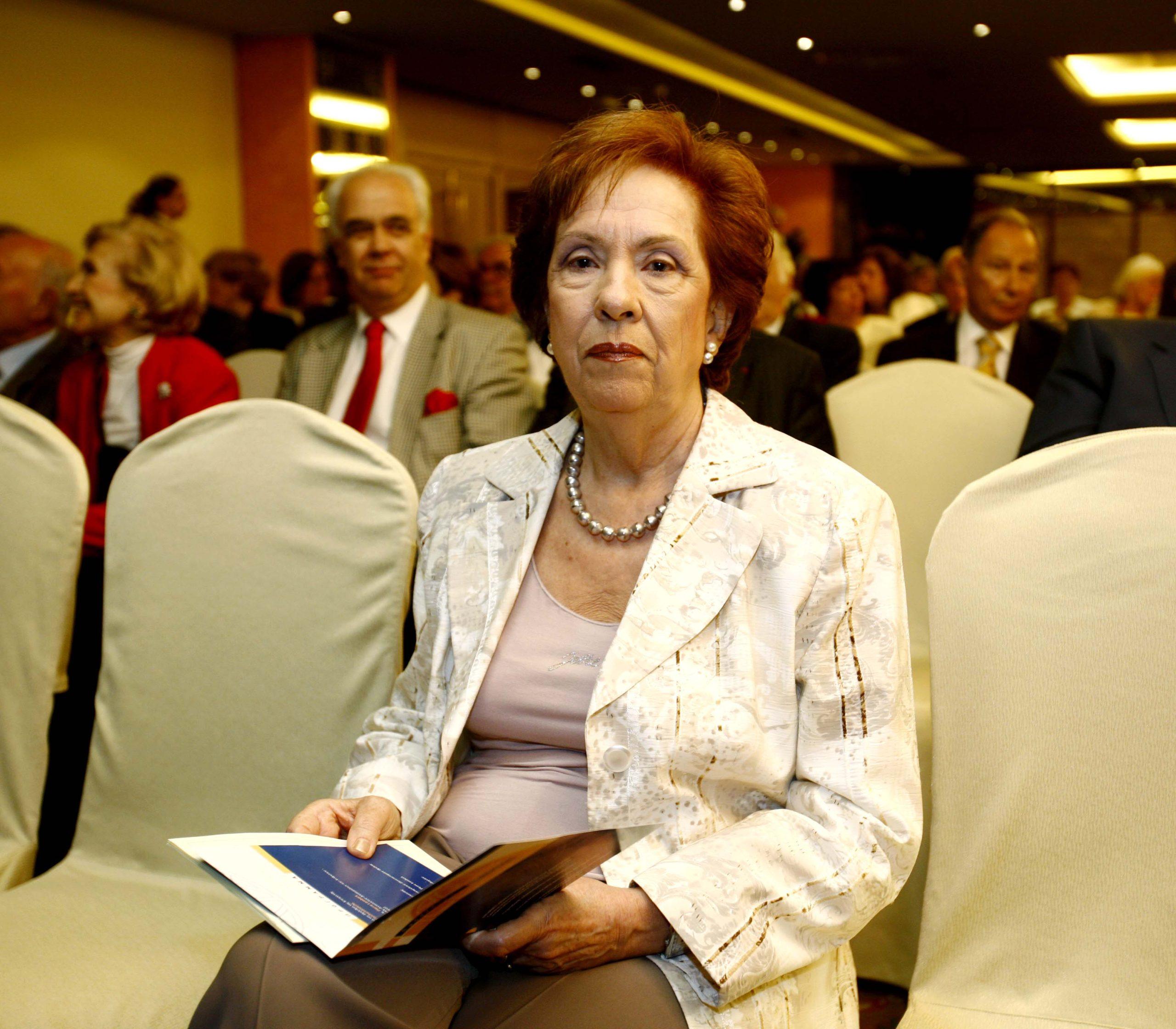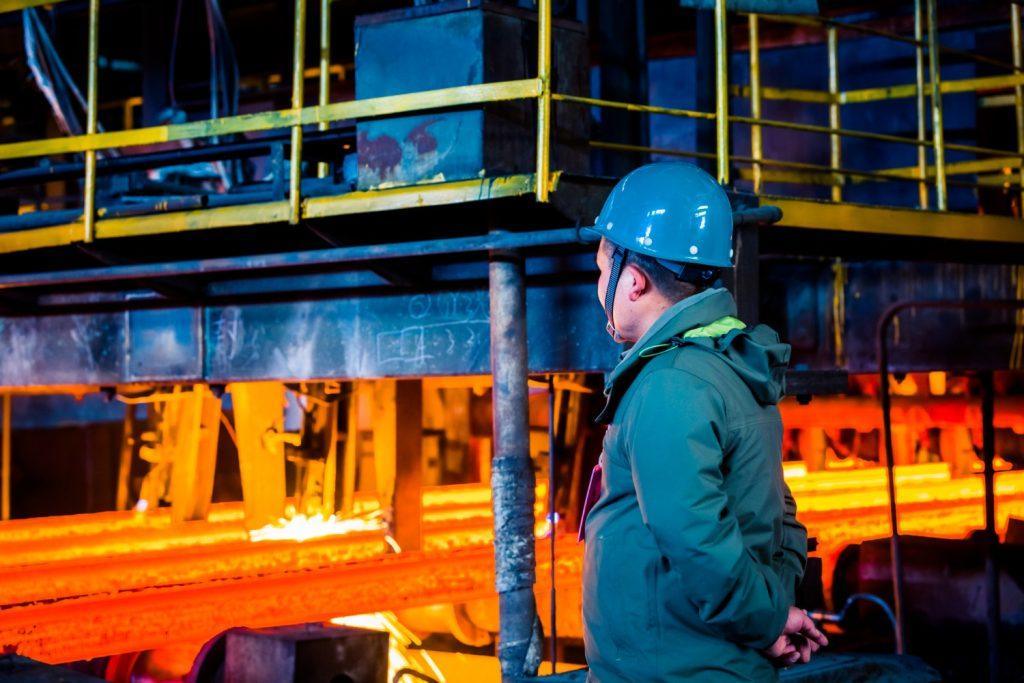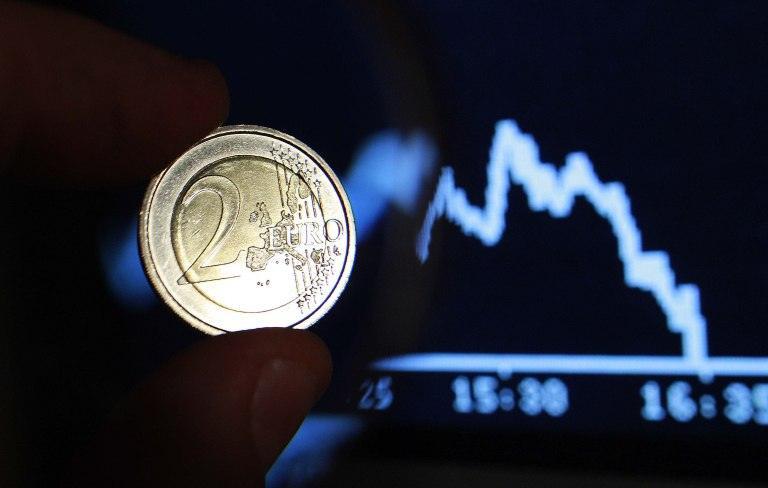Recep Tayyip Erdogan, on the way to the Turkish elections which will be held on May 14 as was officially announced yesterday, is becoming a “difficult ally” for the West, and this cannot leave Athens in the role of a simple observer.
In fact, at a time when the Eastern Mediterranean, due to the geopolitical changes caused by the Russian invasion of Ukraine, is developing into an area of pivotal importance both for energy and for the security of Europe, the alliances that Athens has built in the region strengthen its importance.
In this context, the visit of the American Defense Secretary, Anthony Blinken, to Greece, Turkey and Israel revives the scenarios for the implementation of the quadripartite ministerial meeting of Greece, Cyprus, Israel and the USA, with all sides having expressed continuous support for this 3 +1 scheme. If confirmed, it is estimated that it will be a clear message to Ankara as well.
On January 31, Nikos Dendias is expected to travel to Israel, in order to have a meeting with his counterpart, Eli Cohen, in the context of the formation of the new government, with Greece wanting to reaffirm the close strategic cooperation between the two countries .
At the same time, within the next few days, the visit of the Egyptian Foreign Minister, Sameh Soukri, to Athens is expected, with top diplomatic sources not ruling out the announcement of another joint move between Greece and Egypt that will reaffirm their strategic cooperation against revisionism. With information stating that it is already being considered in Athens and Cairo whether a joint response will be sent to the Turkey-Libya letter to the UN, which, among other things, called the Greece-Egypt agreement on the delimitation of maritime zones of 2020 “invalid”.
Energy a catalyst for developments
The juncture, which for the Eastern Mediterranean region is considered particularly important in the geopolitical chessboard, also brings Athens before opportunities and challenges. Given that the US seems to be targeting Greece as an energy hub in the region, the bar for Athens’ diplomatic contacts is being raised in the light of the multilateral cooperation schemes it had established with the Republic of Cyprus, which can evolve. And Ankara’s insistence on following a protectorate policy towards countries like Libya seems to contradict the plans being promoted in the region.
As long as the hydrocarbon research southwest of Crete, which ExxonMobil has already started, do not proceed with positive results, the developments are expected to be of particular importance. The discoveries that have been announced in the Cypriot EEZ, as well as the surveys planned by Egypt, are also included in the same frame. While the unilateral demarcation of the western maritime borders that Egypt proceeded with can also become a catalyst for developments.
Top diplomatic sources underline that for Athens one of the most serious problems remains the issue of the Turkish-Libyan memorandum. Greece wants the canceling of the agreement also from the countries that signed it.
Dendia’s message to Ankara
Nikos Dendias, speaking at a New Democracy party event in Amfissa, reiterated that the Greek-Turkish crisis is the biggest in recent years, as it has been going on for more than three and a half years, while he noted that “the example of Russia, if you project it in our neighborhood, is exactly that of Turkish revisionism. By force it seeks to change borders. No! A hundred times no! This is not how it’s done”. In the same context, Dendias sent a message that Greece is not afraid of Turkey and recalled the maritime zone demarcation agreements signed by Athens with Italy and Egypt. At the same time, he also recalled the defense agreement with the United Arab Emirates, noting that in 2020 during the “Oruc Reis” crisis , the Emirati F-16s were stationed in Chania, “armed, without clamour, without saber rattling, without statements”.


